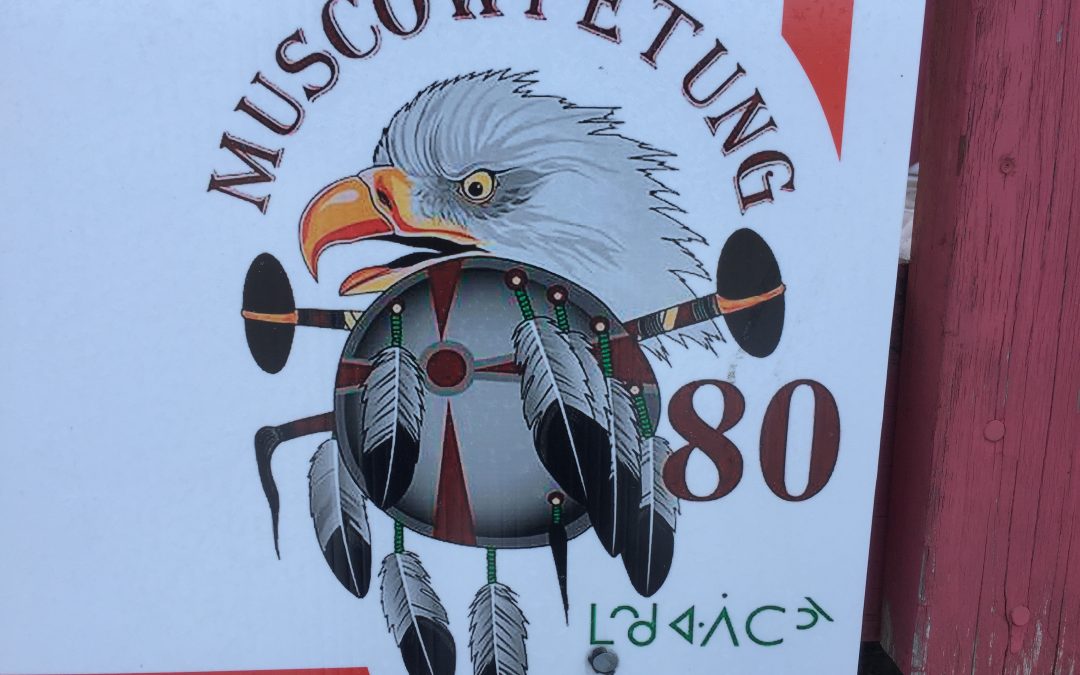By: Marc Lalonde, Local Journalism Initiative Reporter
The federal government settled with a pair of First Nations over claims from the past where land was either misappropriated or outright taken away from those communities.
One claim that was resolved involved the Muscowpetung Saulteaux Nation in Saskatchewan, where a claim dating back to 1909 was finally settled to the community’s satisfaction recently.
The claim concerned Canada’s breach of statutory and fiduciary duties relating to the surrender of 18,352.8 acres of the Muscowpetung Saulteaux Nation’s reserve lands in 1909.
The settlement agreement provides total compensation of $150 million and includes an addition to reserve option of up to 18,352.8 acres of land.
Muscowpetung Saulteaux Chief Melissa Talvita said the settlement of the claim will allow future generations of the community to enjoy greater prosperity.
“Now we have an opportunity to bring prosperity to our people and homelands, we invest in ourselves so the future generations will grow up proud to be from Muscowpetung,” she said.
Muscowpetung Saulteaux Nation made history by accepting the Muscowpetung Saulteaux First Nation 1909 Surrender IR Claim Settlement Agreement, with 99.8 percent approval. The chief and council said they are proud of the voter turnout for this ratification vote, with 64 percent of eligible voters casting ballots.
“Looking at history, all the past chief and council leadership have worked hard to make it into what we will sign,” said councillor Byron Toto. “The chance to turn our little nation into a thriving place with economic opportunities is now here.”
In British Columbia, the federal government and the ʔAkisq̓nuk First Nation, settled a claim concerning 320 acres of land, which were occupied by a member of the First Nation.
According to the laws of the time, this land should have been reserved for the First Nation, but was wrongfully granted to a settler in 1883, a federal government statement said.
The $28 million settlement will attempt to rectify the situation wherein for over 140 years, the community was not only without the use of the land – and its economic benefits, including agriculture and the potential for residential development.
“The ʔAkisq̓nuk First Nation is pleased to bring closure to this long-standing historical injustice of historical harms done to our people and validates our oral history and grievances. I thank the leaders, members, elders and knowledge keepers who worked tirelessly over the years to raise and settle this claim,” said ʔAkisq̓nuk Chief Donald Sam. “The ʔAkisq̓nuk First Nation Elkhorn Ranch Claim settlement will ensure that our children and future generations to come will value the strength in their oral history enjoy a better future. This settlement was made possible due to the hard work and dedication of our people commitment to future generations some of whom we have lost since the claim was initiated in 2008. Understanding truth, this is an historical step forward on the path of reconciliation. Thank you to all involved.”
Federal Crown-Indigenous Relations minister Gary Anadasangaree said the federal government is working to correct historical wrongs.
“We recognize our responsibility to acknowledge the past and address the wrongs we have committed,” he said. “Reconciliation and a better future – these are our goals for everyone in Canada.”
